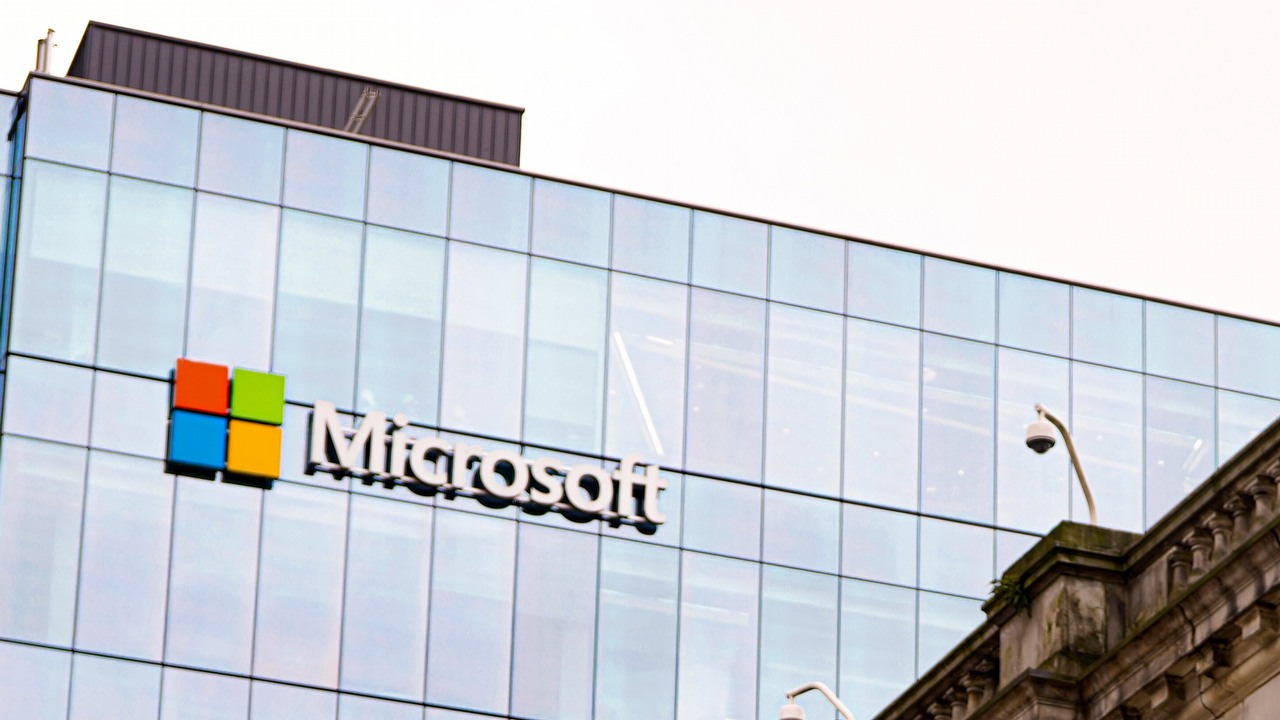Microsoft's Activision Takeover Blocked by UK
The UK's Consumer Protection Authority has issued a statement, blocking the merger process between Microsoft and Activision.

This could be the end of Microsoft and Activision's more than year-long dispute with antitrust authorities in the U.S., European and British markets.
Competition and Markets Authority (CMA) in the UK has just issued a decision on the merger of the gaming giants. According to the commission, the merger of the companies could significantly damage the market.
"Cloud gaming needs a free, competitive market, driving innovation and choice."
The official statement on the UK government website reads that the main reason for opposing the idea of Microsoft's takeover of Activision was to be providing insufficient evidence of a plan that companies could implement to counter monopolization:
- it did not sufficiently cover different business models for cloud gaming services, including game subscription services.
- It was not open enough to vendors who might want to offer games for PC operating systems other than Windows.
- This would have unified the conditions for making games available, as opposed to being determined by dynamics and market competition, as would be expected in the absence of a merger.
The commission concluded that accepting the purchase would constitute to some extent a bending of regulation, in contrast to rejection, which manifests no negative effects felt by consumers, only by the contracting parties.
"Microsoft has worked constructively with us to address these concerns, and we are grateful for that, but their proposals have not addressed our concerns and would replace competition with ineffective regulation in a new and dynamic market."
Microsoft and Activision's response
A decision that, in its current form, halts the colossal plan for cooperation between Xbox owners and Call of Duty creators has caused them the expected dissatisfaction. However, it seems that the companies' owners are not losing hope.
" This isn’t the news we wanted – but it is far from the final word on this deal.
Alongside Microsoft, we can and will contest this decision, and we’ve already begun the work to appeal to the UK Competition Appeals Tribunal. We’re confident in our case because the facts are on our side: this deal is good for competition.
The UK hopes to grow its leadership position in technology, and a combined Microsoft-Activision would accomplish exactly that. At a time when the fields of machine learning and artificial intelligence are thriving, we know the UK market would benefit from Microsoft’s bench strength in both domains, as well as our ability to put those technologies to use immediately. By contrast, if the CMA’s decision holds, it would stifle investment, competition, and job creation throughout the UK gaming industry. (...)
I’m going to do everything I personally can to advocate for us and help regulators understand the competitive dynamics in our industry. What gives me confidence is that, whether on our own or united with another company, we are one of the strongest companies in our industry, poised for continued growth, and building on our incredible IP," assured Bobby Kotick, CEO of Activision Blizzard, in a recent statement
With a similar attitude, the CMA's verdict was addressed by Brad Smith, deputy chief executive of Microsoft:
"We remain fully committed to this acquisition and will appeal.
The CMA's decision rejects a pragmatic path of resolving competition concerns and discourages technology innovation and investment in the United Kingdom.
We have already signed contracts to make Activision Blizzard's popular games available on 150 million devices, and we remain committed to reinforcing these agreements through regulatory means.
We're especially disappointed that after lengthy deliberation, this decision appears to reflect a flawed understanding of this market and the way the relevant cloud technology actually works."
In a less optimistic tone, the situation commented Activision spokesman:
"The CMA report is at odds with the UK's ambitions to become an attractive country for building technology businesses.
We will work aggressively with Microsoft to reverse this on appeal. The report's conclusions are a disservice to UK citizens who face an increasingly dire economic outlook.
We will reassess our plans for growth in the UK. Global innovators, large and small, will note that - despite all the rhetoric - the UK is clearly closed for business."
This is not the first situation where representatives of companies seeking to merge cite the lack of understanding of the technology market by specialists appointed by the government bodies evaluating the deal.
First consequences of the CMA's decision
Within the first hour of the publication of CMA's statement, the Internet managed to boil. Looking at the scale and uniqueness of the situation we can undoubtedly speak here of history being written before our eyes, which will define the future of the game industry and even future versions of technology law.
In addition to the articles still coming in, statements from experts or Internet users commenting on the situation on an ongoing basis (suggesting, for example, the possibility that the entire acquisition process could be extended until 2024), the event has already reverberated on the stock market.
The actual performance of stock prices dependent on today's announcement we will be able to assess with a clear conscience tomorrow, but in the pre-market (i.e., trading outside of stock market hours, in this case before today's opening of the U.S. stock market to Europe) stock prices of Activision are down about 10%, while Microsoft's are rising by as much as 20%.
As with the stock market, the most serious consequences of the CMA's decision will not be felt until later. Especially after Microsoft and Activision launch an appeal.
0

Author: Sonia Selerska
Began her professional writing adventure for Gamepressure.com in 2022, but she has always been interested in all forms of the written word. A student of Film and Multimedia with a specialization in Game Design and Development, deeply follows the blurring boundary between these two worlds. Sometimes, embarrassingly, appreciates style over substance. In the case of media, more often than not, goes to extremes; she can never choose between documentaries and horror films, and cozy games, life simulators, and animations. You will find her playing old-school consoles and indie gems rather than AAA titles. Devotes her free time to her love of fashion and art in a broader sense. Believes that the plot is the most crucial element of a game, and the most compelling stories are the ones inspired by everyday life.
Latest News
- This is expected to be the biggest year in the company's history. Blizzard prepares an offensive that will overshadow previous years
- Bethesda envied CD Projekt RED? Starfield may undergo a Cyberpunk 2077-style metamorphosis
- Season 2 has just started, and Todd Howard is already writing the script for the third one. Fallout 5 will be changed by the TV show
- 5 games to grab on Amazon Prime Gaming. Among them, a collection of RPG classics
- My experience attending the 2025 Game Awards, and why I loved it

